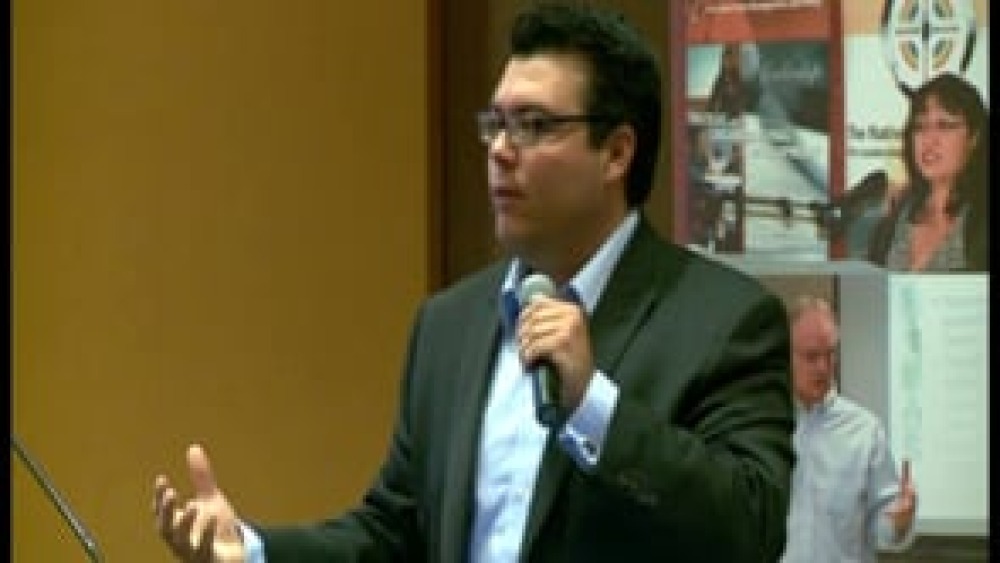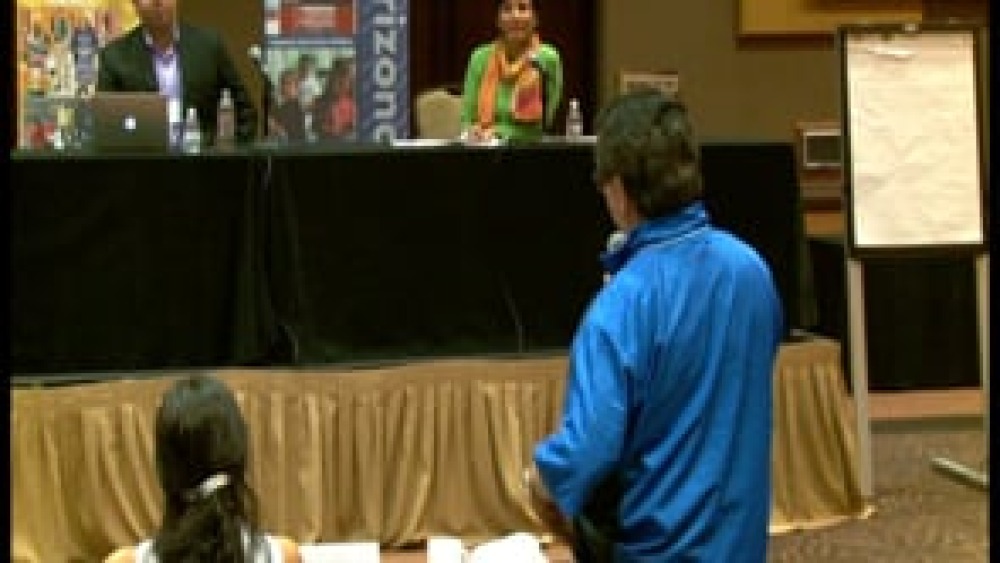Indigenous Governance Database
La Jolla Band of Luiseno Indians
Thumbnail

Adam Geisler: What I Wish I Knew Before I Took Office
Adam Geisler, Secretary of the La Jolla Band of Luiseño Indians, discusses the diverse set of challenges he faces as an elected leader of his nation and discusses some of the innovative ways that he, his leadership colleagues, and his nation have worked to overcome those challenges. He…
Thumbnail

LeRoy Staples Fairbanks III and Adam Geisler: What I Wish I Knew Before I Took Office (Q&A)
Leroy Staples Fairbanks III and Adam Geisler field questions from the audience about the role of education in nation building. The discussion focuses on the importance of Native people being grounded in their culture and language, and where and how that education can and should take place.
